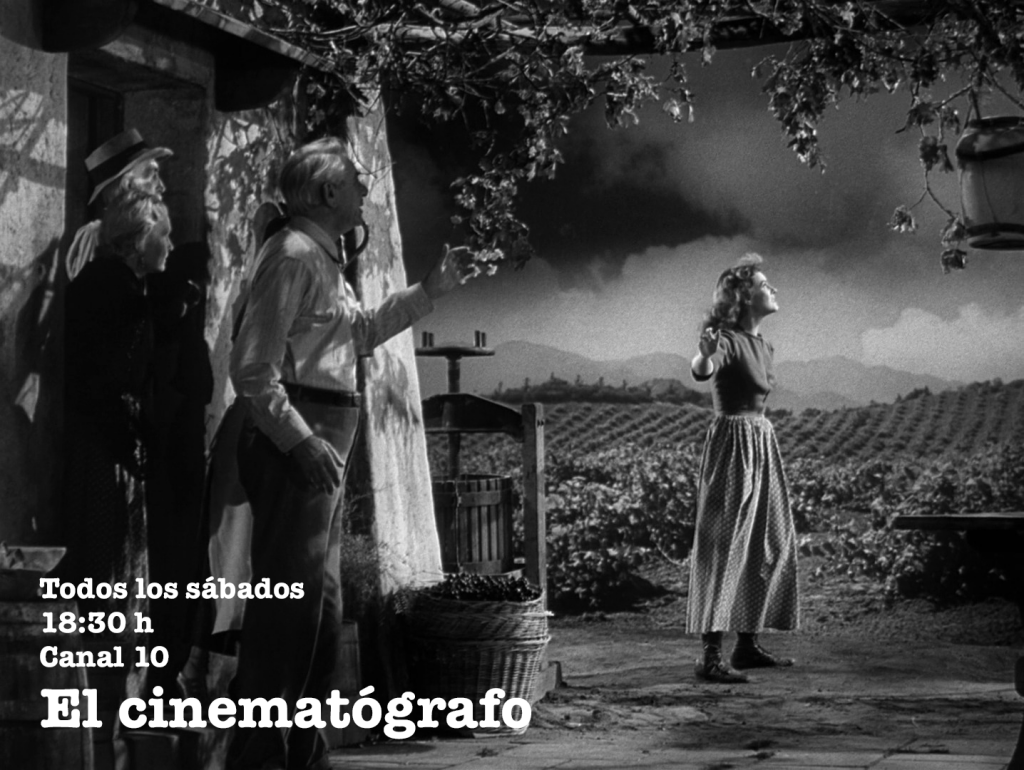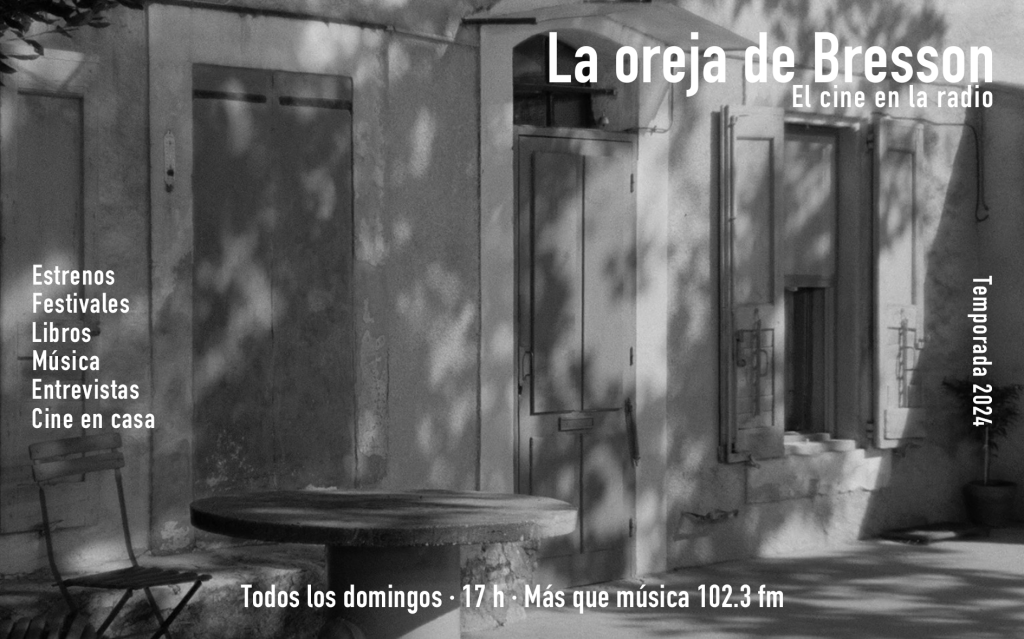
SHORT REVIEWS (12): P3ND3JO5 / MES FICUNAM 2014 (06): MATERIAL VIRGINS
![]() P3nd3jo5, Raúl Perrone, Argentina, 2013
P3nd3jo5, Raúl Perrone, Argentina, 2013
By Raúl Perrone
What is a cumbiópera? (1) It is a heterodox fusion of two musical genres with just one thing in common —the twelve notes of the musical scale. The result is magnificent, with the electronic intervention of DJs following the lead of Perrone’s mixture between Puccini, cumbia, sounds of skateboarding and trains as a great infinite chord which ciphers the spirit of this film.
The visual bluntness of P3nd3jo5 is evident: the 4:3 size, the black & white, the shots resembling those strict frames of silent cinema, the traveling shots following the skaters as they slide, the slow motion used for some of their feats, the fades registering the movement of the clouds or suggesting the ghost-like destiny of these youngsters.
This is also an unforgettable film because of the way it rediscovers the face of cinema. By shifting dialogues to a written zone (using again the title cards of silent cinema) faces are liberated from language and the camera is able to focus on pure gestures. In one of the stories a girl who is slightly older than her 14-year-old boyfriend stares at him as he twirls on his skateboard. Perrone concentrates on her glance until he extracts an almost spiritual dimension from it. Her sparkling eyes deliver a clear sign —the pleasure of being in love; and the way that looks is as if the camera were writing in images the captions of the state of her soul.
Three acts and a coda; the storyline is circumscribed to small narrative sketches: a few love stories, the lonely wanderings of a young man, a crime linked to police corruption, drug dealing. The rest is moving on four wheels through an eternal present without horizons. Who are these angels from the urban peripheries? A quote from Pasolini will point at the answer in a poetic tone. To speak bluntly: they are society’s crucified living specters who try to exorcise disillusionment on top of a bound-to-nowhere skateboard that helps them to experience the intensity of present time, as if in that fleeting moment they could find a place which the world denies to them.
English version: Tiosha Bojórquez
Roger Koza / Copyleft 2014





Últimos Comentarios